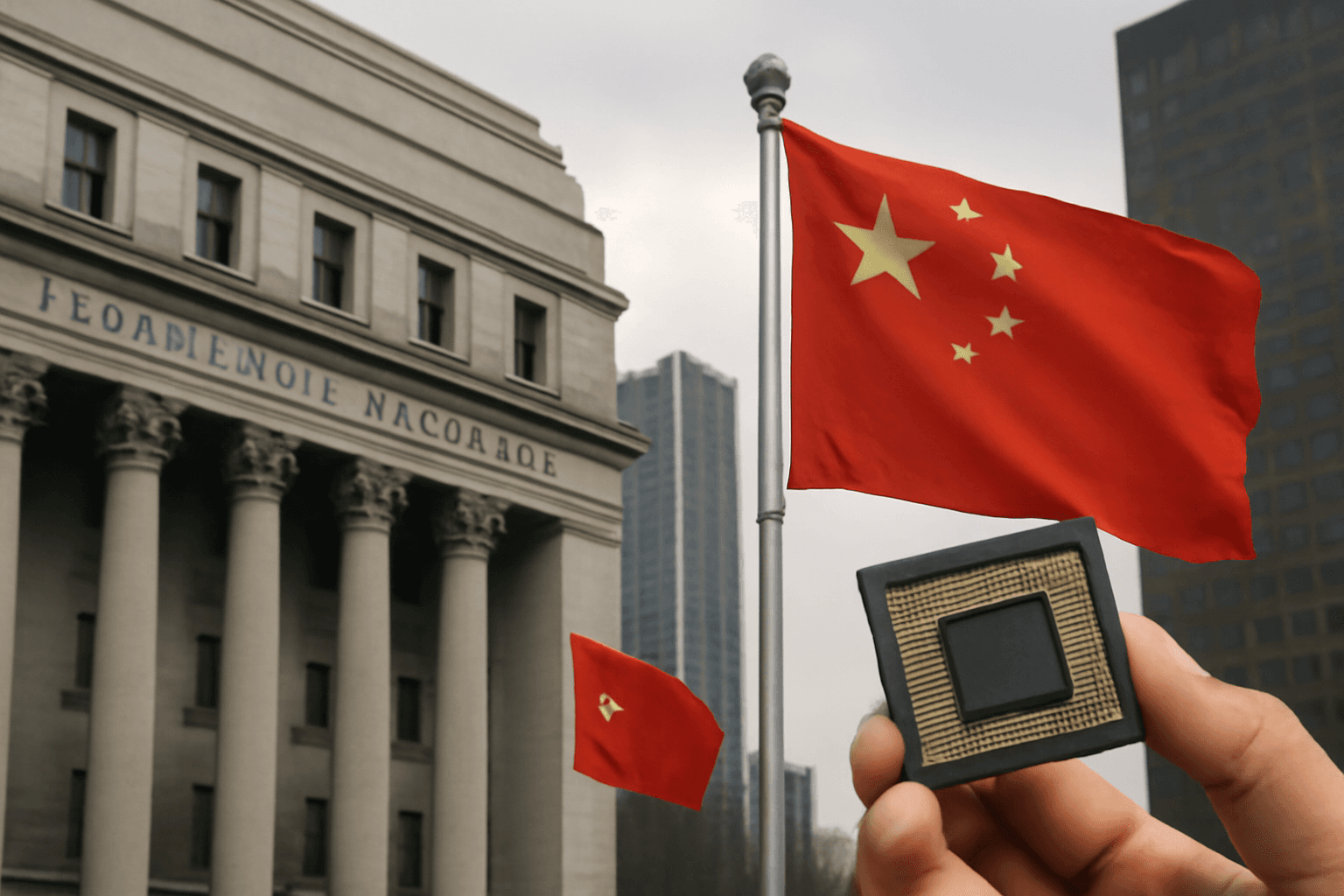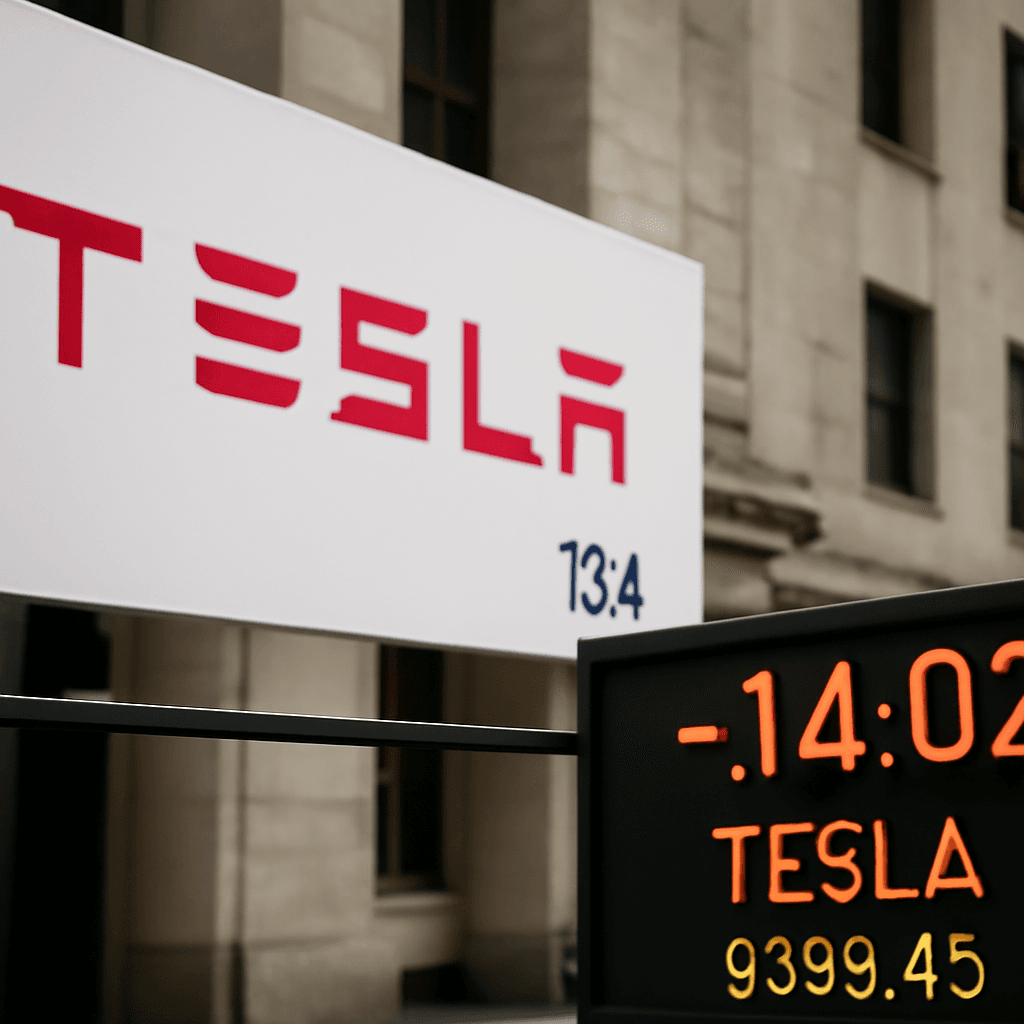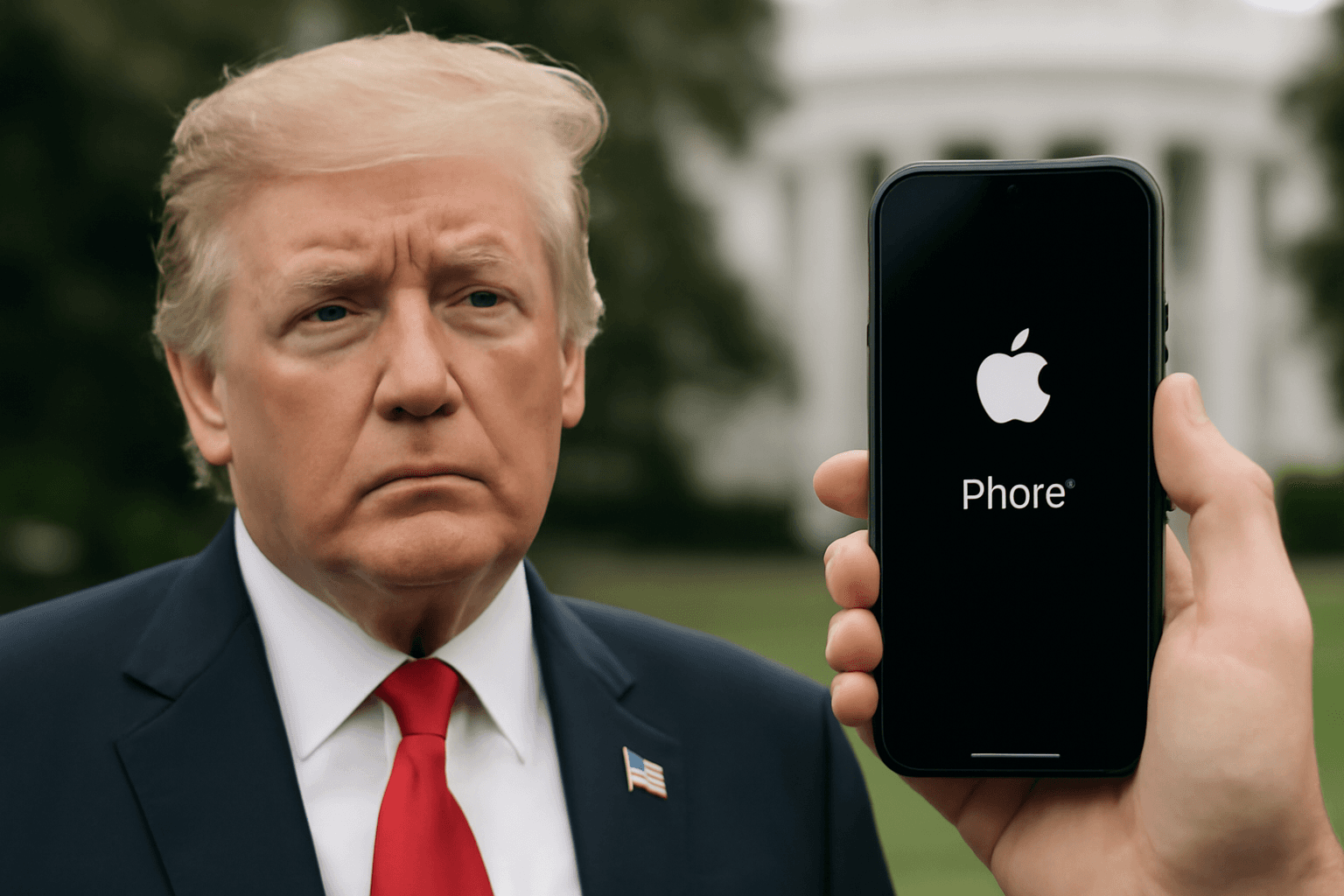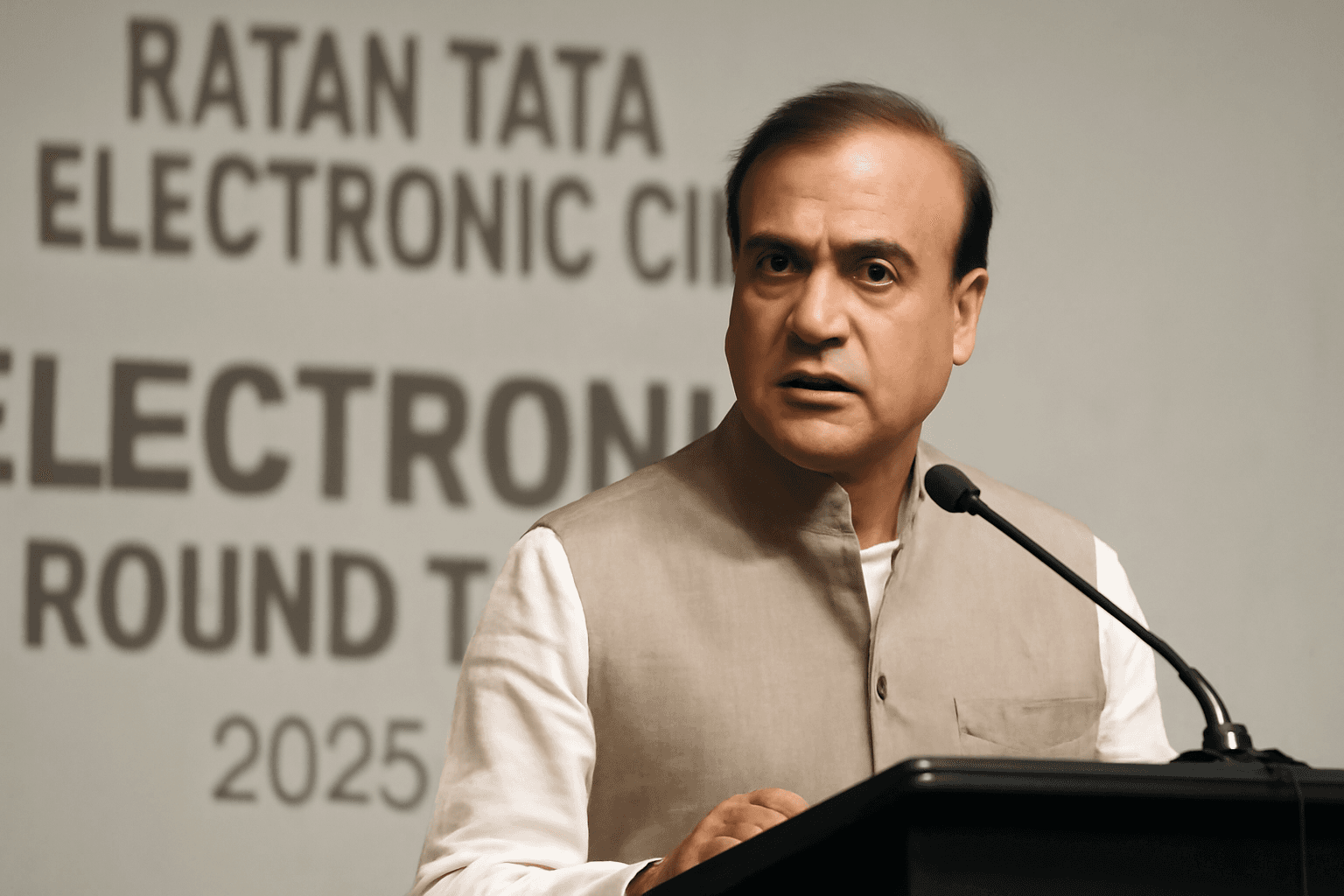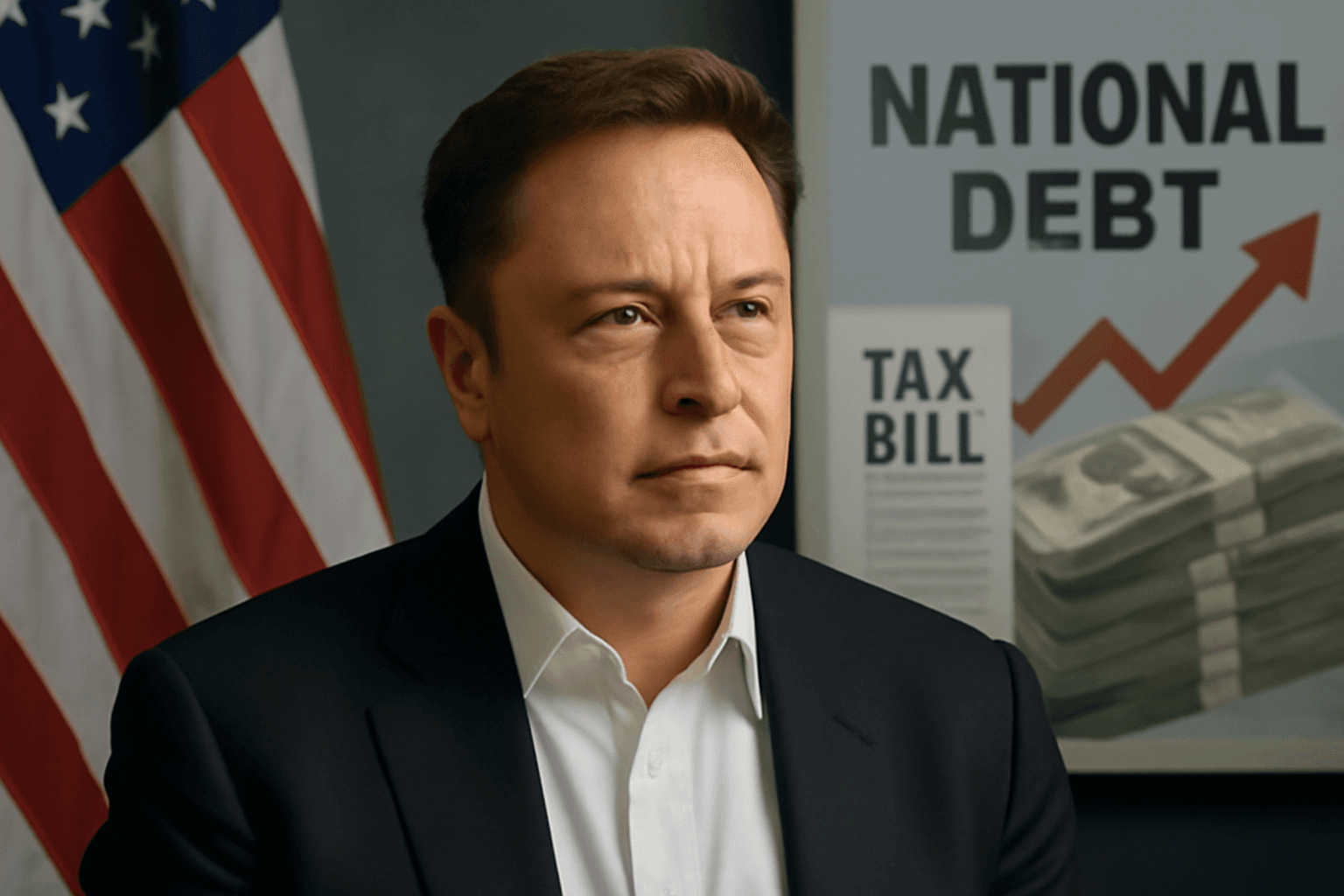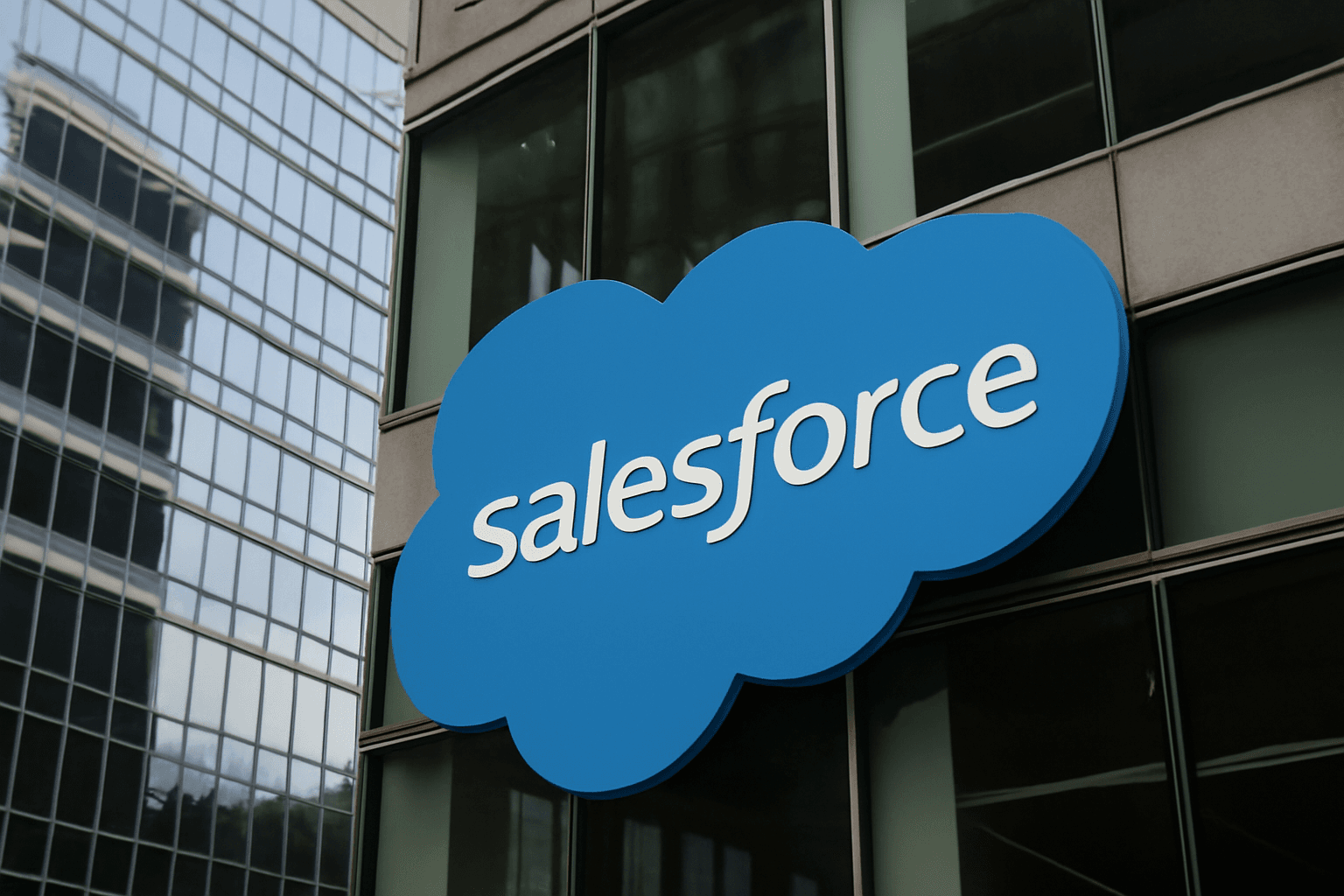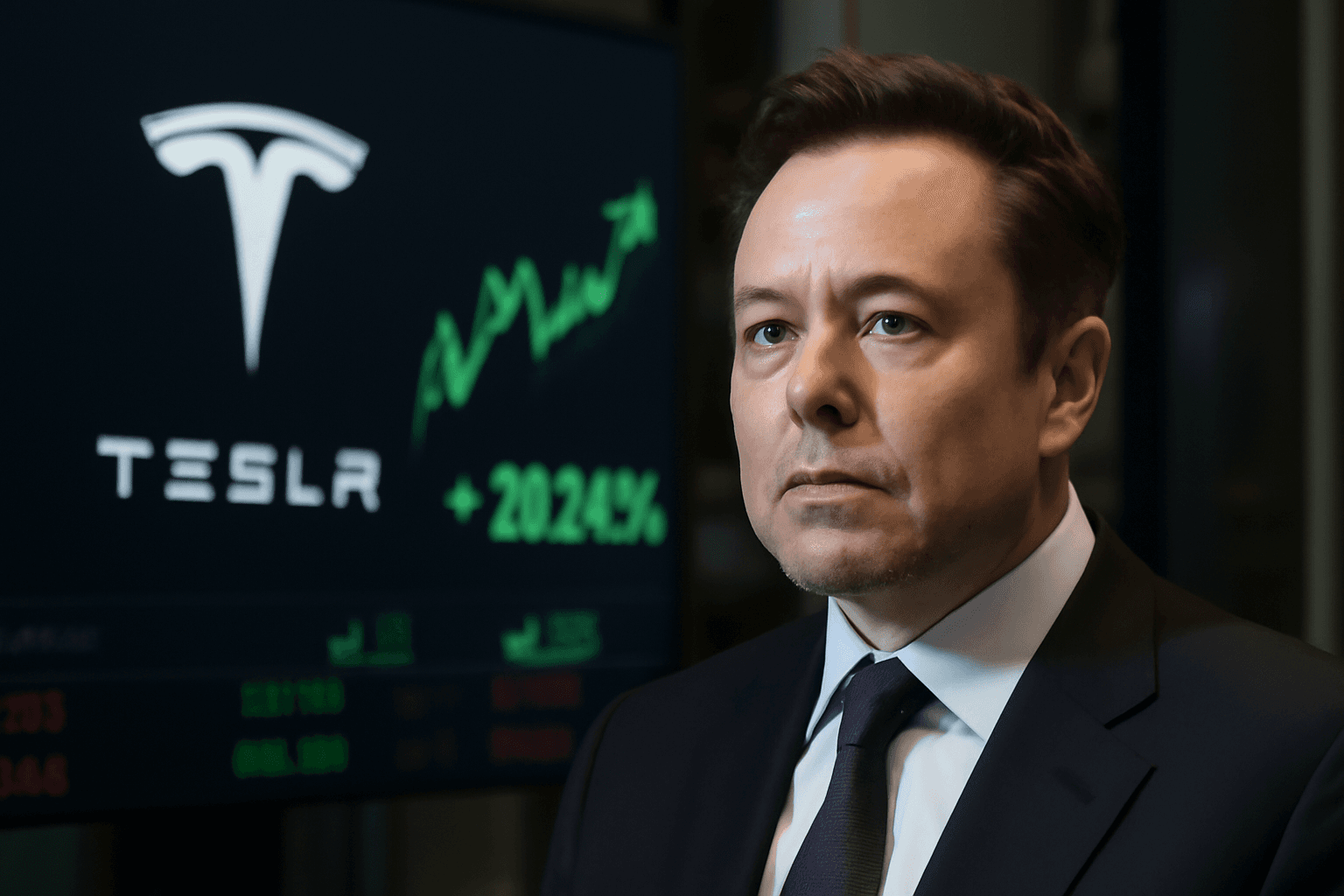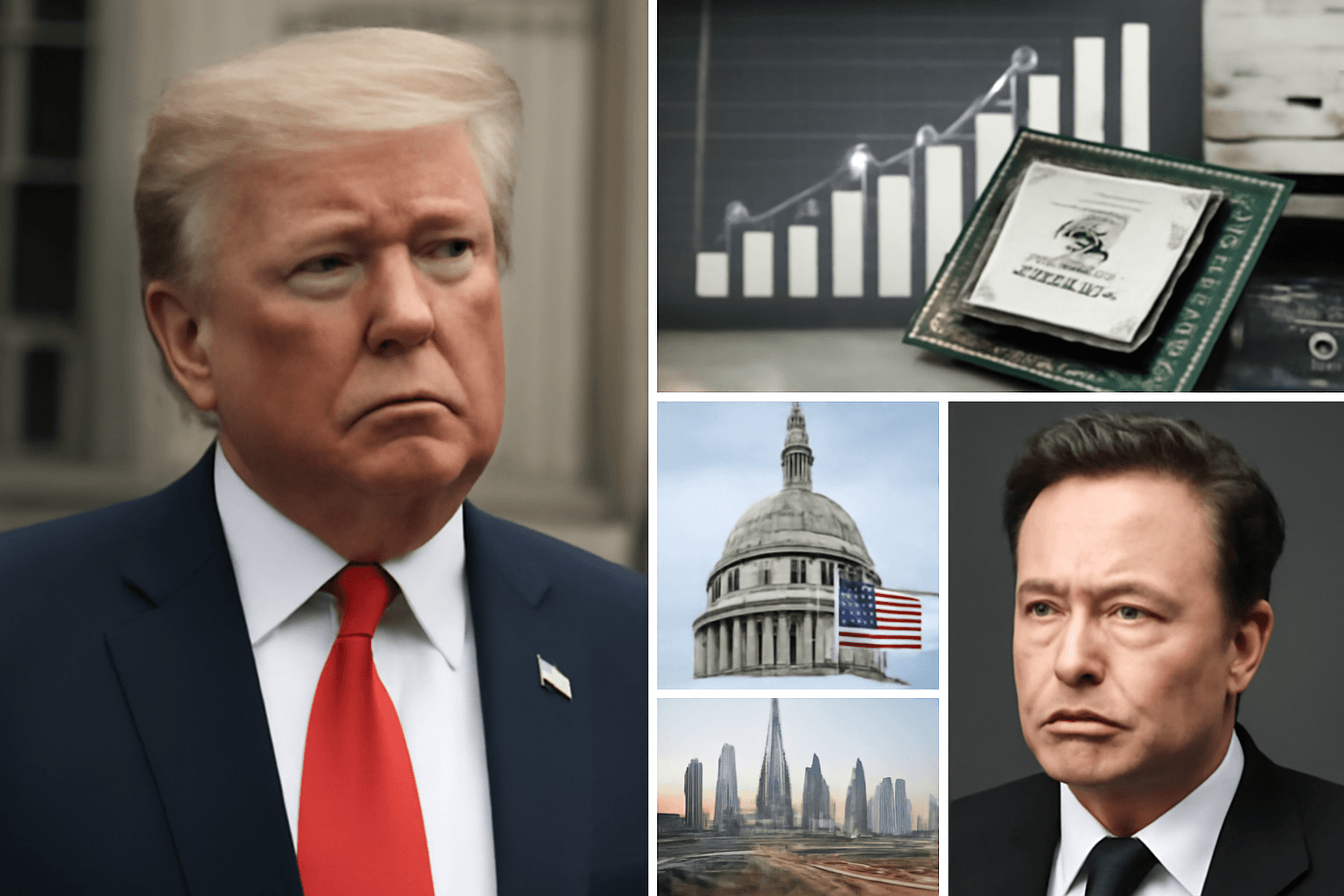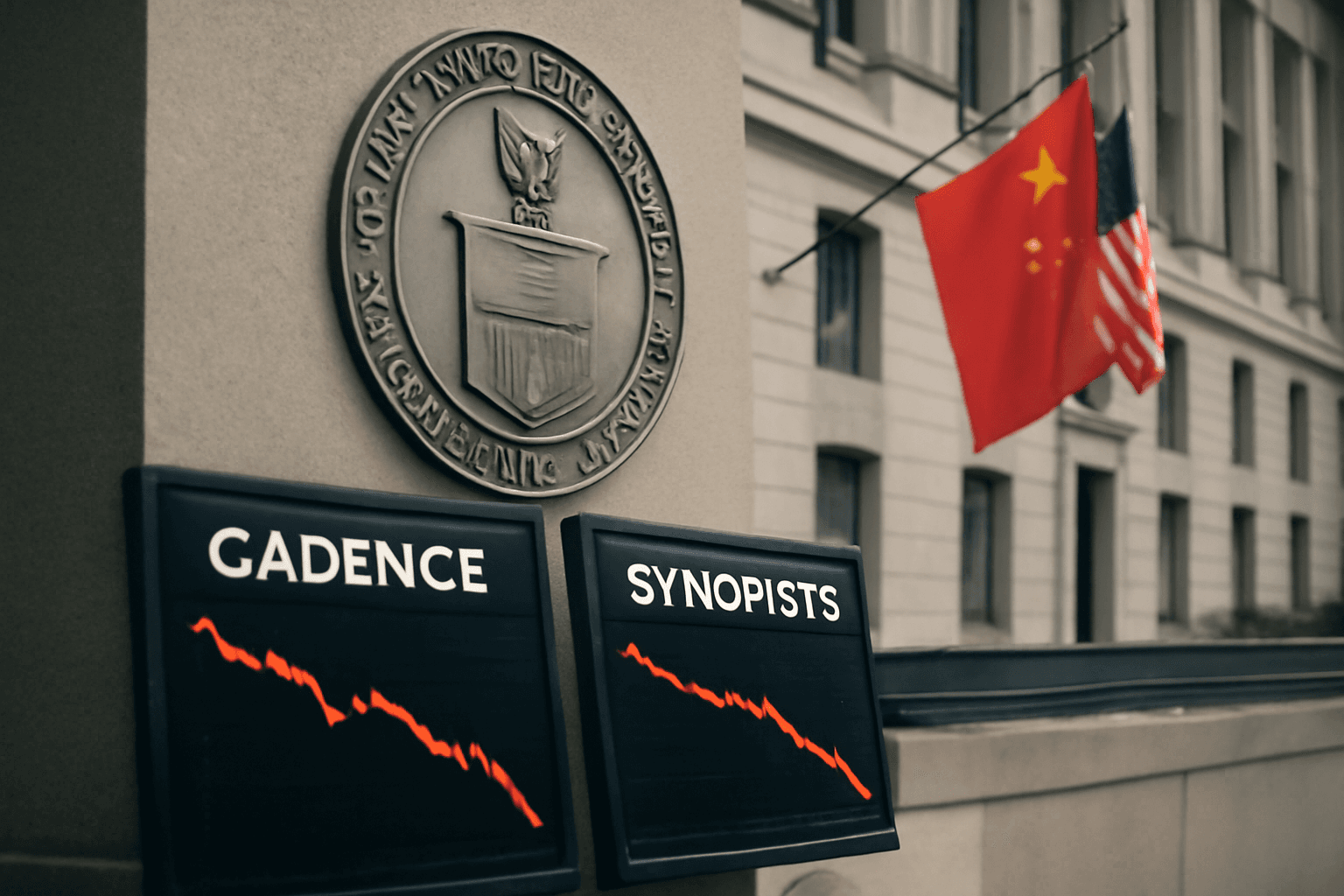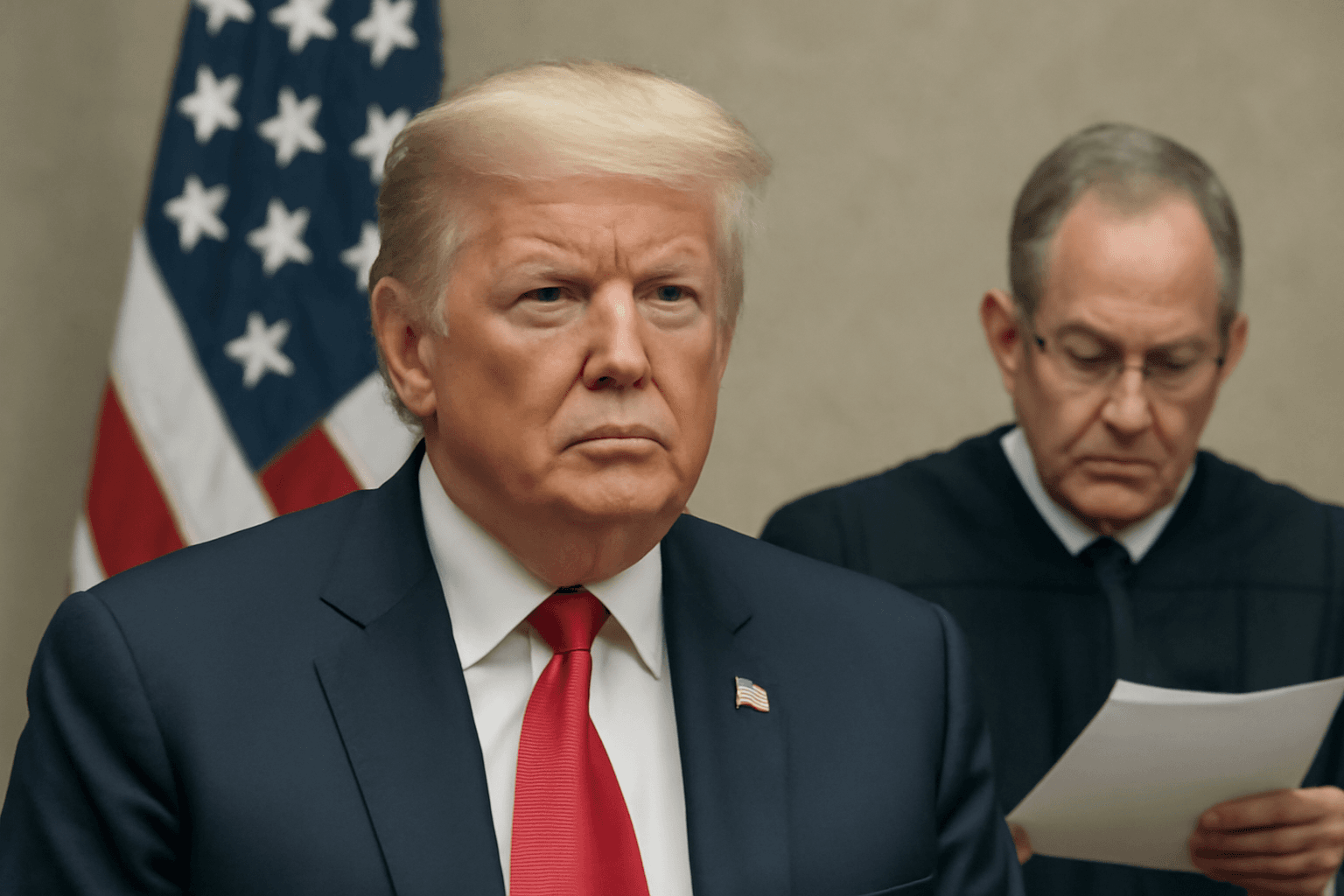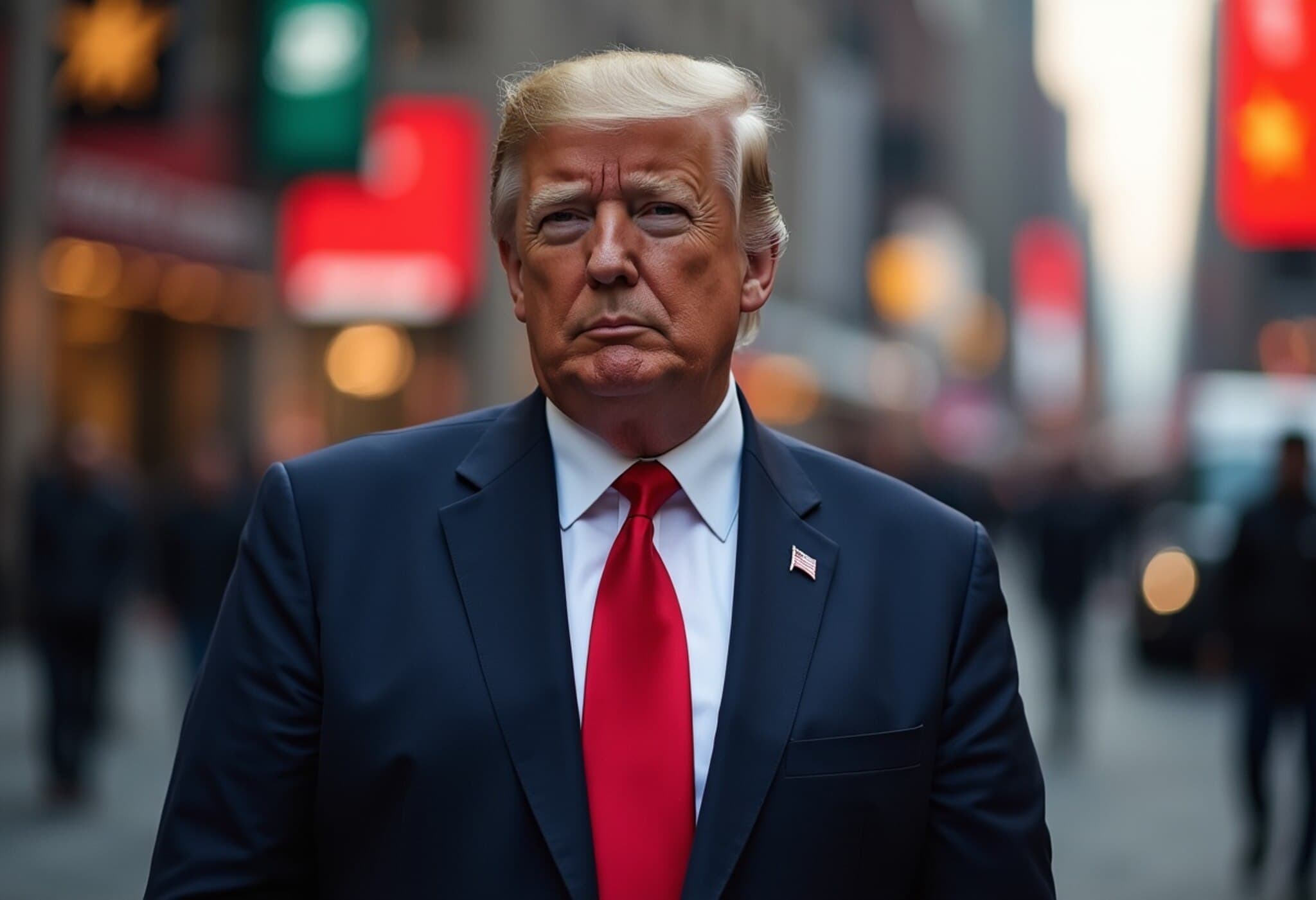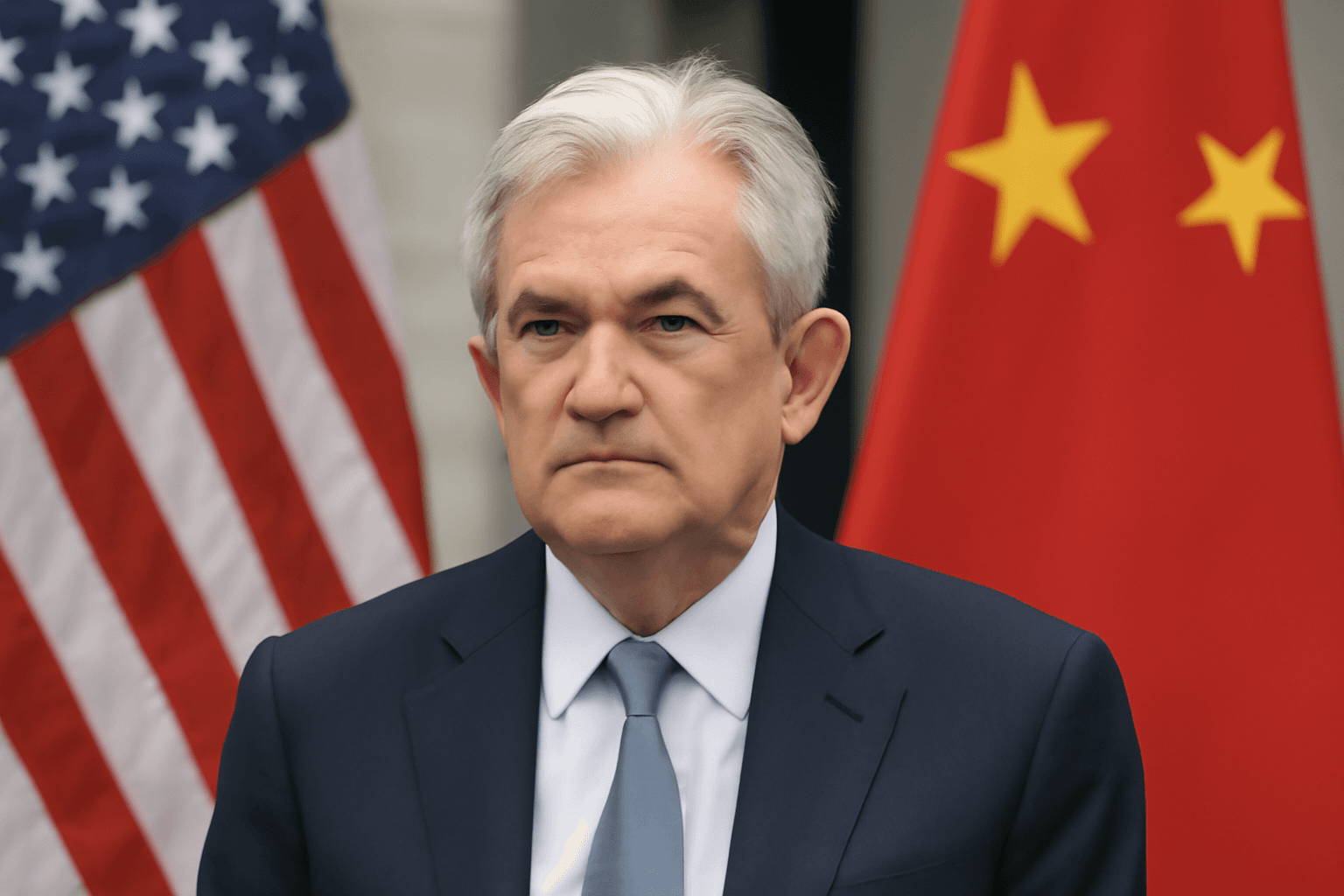A U.S. federal court ruled on Wednesday that President Donald Trump exceeded his authority by imposing so-called 'reciprocal' tariffs. The court invalidated these tariffs, which Trump had enacted under the International Emergency Economic Powers Act, stating that the Act does not permit a president to apply universal import duties. The ruling also ordered a halt to tariffs linked to drug trafficking on Canada, Mexico, and China, citing insufficient justification related to the threats outlined in those orders.
This development follows a period in which Trump appeared to retreat from his aggressive tariff strategies, a behavior critics have described as the 'TACO theory'—'Trump Always Chickens Out.' Markets have generally responded positively to these tariff rollbacks, and Wednesday’s court decision may reinforce business optimism.
Strong Nvidia Earnings Amid Export Restrictions
Nvidia reported better-than-expected first-quarter results, with revenues rising 69% year-over-year to $44.06 billion, surpassing analyst forecasts. The company's data center division, driven largely by artificial intelligence chip demand, saw a 73% revenue increase. However, continued export restrictions to China are limiting Nvidia's growth potential, as the $50 billion China market remains largely inaccessible. CEO Jensen Huang emphasized that these restrictions represent national security measures rather than negotiable trade policies.
Market Reactions and Outlook
Following the court’s tariff decision, U.S. futures rose early Thursday, with South Korea’s KOSPI index climbing 1.8%. Despite positive earnings reports, the bond market showed signs of volatility. U.S. 1-year credit default swap spreads increased to 52 basis points—levels not seen in two years—indicating heightened concerns about the costs of insuring U.S. government debt. However, analysts suggest this rise is more a speculative hedge than an indication of imminent financial crisis.
Tesla Investor Pressure on Elon Musk
In other corporate news, Tesla investors, including pension fund leaders, have demanded that CEO Elon Musk commit to a minimum 40-hour workweek at Tesla. They cited concerns over declining sales and Musk’s involvement in government efficiency initiatives that may be impacting the automaker’s performance and reputation. These demands come ahead of potential new compensation negotiations for Musk.
Geopolitical Manufacturing Rivalry Intensifies
Meanwhile, in the geopolitical landscape, U.S. efforts to revitalize domestic manufacturing—particularly in advanced sectors—face challenges as China accelerates its own manufacturing ambitions. Chinese President Xi Jinping recently reaffirmed his country’s focus on manufacturing-led growth to strengthen self-reliance in high-tech industries. Experts warn this push may exacerbate trade imbalances and increase tensions with the United States.
Overall, the court's ruling against Trump’s reciprocal tariffs and robust corporate earnings point to a cautiously optimistic market environment. However, uncertainties remain, including bond market volatility, ongoing export restrictions, and geopolitical trade dynamics.

